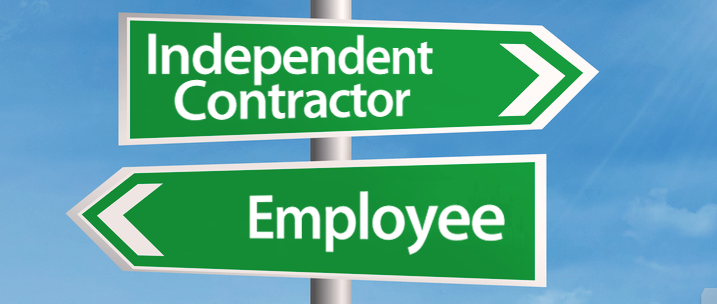Menu
-
-
COURSES
- Tax-Exemption
- Credit Building
- Books/Discourses
-
Mentor Program Series
- Adding and Removing Individuals from The Trust
- Asserting Personal Freedom: Navigating Vaccine Exemption for Individual Sovereignty
- Employment Tax Options with a Trust: A Comprehensive Guide
- Establishing A Trust Abroad
- Estate Planning Mastery
- Exploring Free Housing Opportunities
- Mastering Student Loan Repayment: A Game-Changing Strategy
- Maximizing Benefits: Navigating the EBT Application
- Property Tax Exemption: A Comprehensive Solution for Property Owners
- The Trust As A Business
- Trust Strategies for Secure Vehicle Ownership
- Unlocking Savings: Discounted Wi-Fi and Phone
- Waive Any Court Fees
-
ABOUT
- FAQS
- TESTIMONIALS
- LIVE TV
- BLOG
- CONTACT
-
MY COURSES
-
- Login
-
United States (USD $)

Add description, images, menus and links to your mega menu
A column with no settings can be used as a spacer
Link to your collections, sales and even external links
Add up to five columns
Add description, images, menus and links to your mega menu
A column with no settings can be used as a spacer
Link to your collections, sales and even external links
Add up to five columns

Ditching the 9-to-5 Grind: Why Trusts Beat Traditional Jobs
November 20, 2023 2 min read

In today's fast-paced world, it's time to break free from the shackles of traditional employment and explore a more flexible, tax-efficient alternative. Today we're taking a laid-back dive into the concept of saying goodbye to that daily grind and contracting through a trust instead. Buckle up, because we're about to uncover why this fresh approach could be your ticket to financial freedom.
Rethinking the Whole "Job" Thing:
First things first, let's talk about the "J" word—job. You know, that thing where you trade your precious time and skills for some cash? Well, let’s get right to the point: you don't really have a "job" in the traditional sense. You're a human being, not a walking W-2 form. The whole idea of a "job" is more like a colloquial term to describe working for a paycheck.
Here's the kicker: when you're doing the traditional 9-to-5 gig, you're basically contracting through your personal identity. That means your earnings get slapped with income tax. In simple terms, you're working for yourself, which can be a real buzzkill in the tax department.
Contracting Through a Trust: The Game Changer:
Now, let's get to the good stuff—contracting through a trust. This is where things get interesting. Instead of being all tangled up in your personal identity, you let your trust handle the business side of things. You become the contractor who works on behalf of your trust. It's like having a secret financial superhero!
By taking this route, you're separating your personal identity from your work activities. When you negotiate contracts, you make it clear that you're doing the work for your trust, not just yourself. And here's the bonus: no income taxes or reporting to the IRS.
Taking a Leap with the Religious Vow of Poverty:
Here's a wild twist—ever heard of taking a religious vow of poverty? No, it doesn't mean you'll live in a cardboard box. It means you stop accepting personal income and channel all your earnings straight into the trust. This move aligns with the idea of giving everything to a higher power and your trust, so you don't have to report personal income for taxes. Pretty cool, right?
Embrace the Future, Leave Traditional Jobs Behind:
In a nutshell, the trust is all about breaking free from the traditional job grind and embracing the idea of contracting through a trust. It's about having more control over your finances and potentially paying fewer taxes. Traditional jobs, with all their personal identity baggage, can be a bit of a buzzkill. Trusts, on the other hand, offer a breath of fresh air and a shot at financial freedom.
So, if you're ready to ditch the mundane and venture into a financial frontier that's both liberating and tax-savvy, it might be time to consider contracting through a trust. Say goodbye to the old 9-to-5, and hello to a new era of financial possibilities!
Subscribe
Sign up to get the latest on sales, new releases and more …